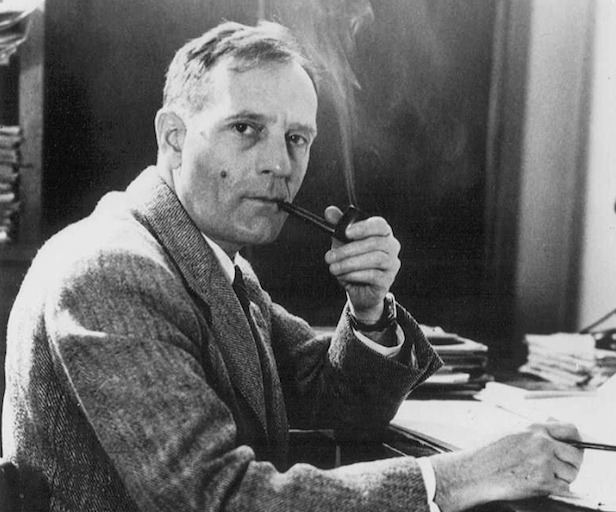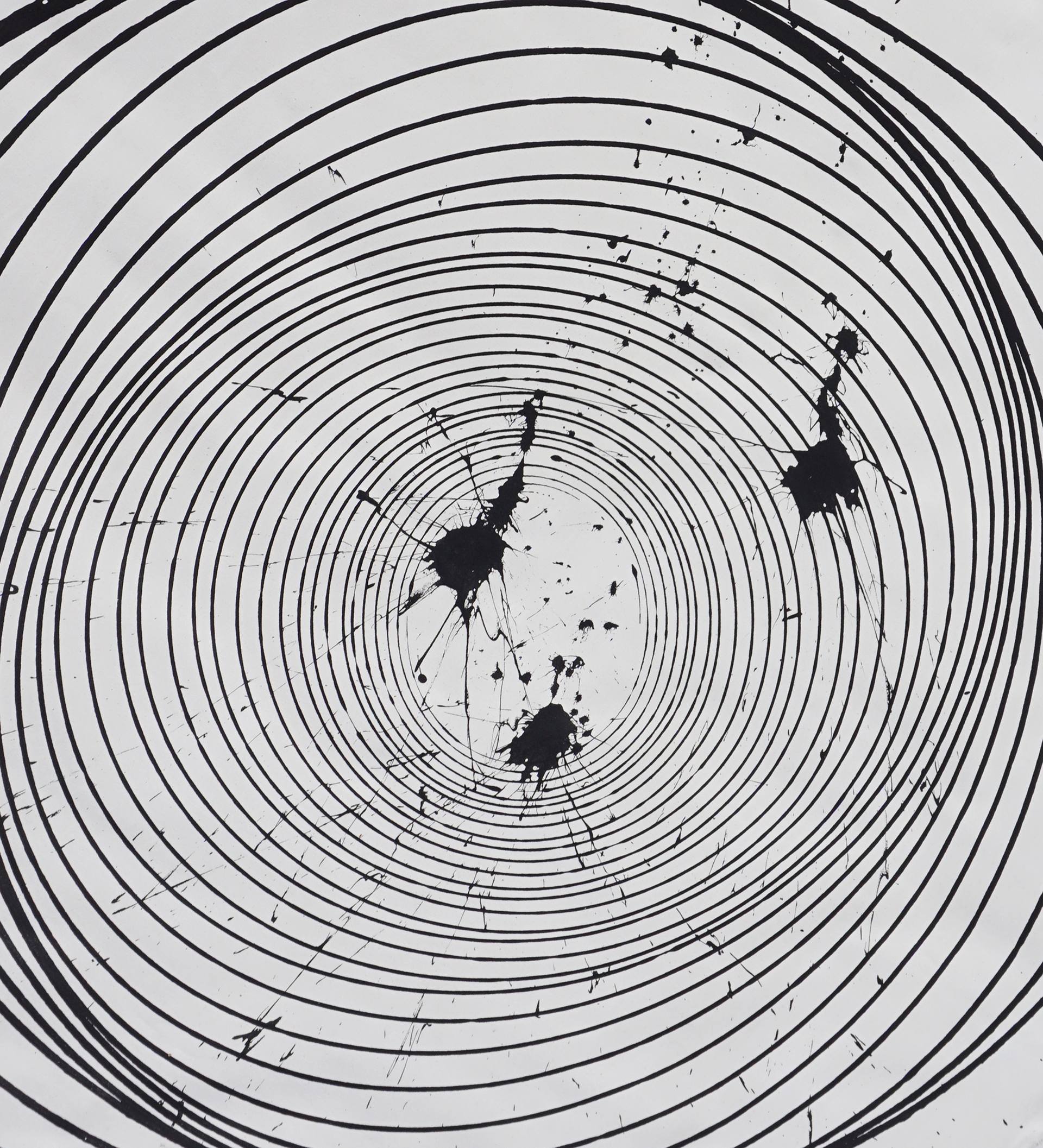Hello sweet amphibians,
Today it’s time for another topic of physics to inspire you:
Cosmology and the creation of our universe.
Let us pick a few points and see what we know, what we guess and perhaps what a scientific
theory actually means (hint… scientific theory is not guesswork, it is combination of facts).
theory actually means (hint… scientific theory is not guesswork, it is combination of facts).
In 1924 the astronomer Edwin Hubble could show that our home galaxy (the Milky Way)
was just one of many similar collection of stars, and in 1929 he could also prove that the
distance between the galaxies was growing. Hubble never received the Nobel prize in physics
because astronomy discoveries were not awarded until later. His discoveries have since
lead to numerous Nobel awards in Physics.
was just one of many similar collection of stars, and in 1929 he could also prove that the
distance between the galaxies was growing. Hubble never received the Nobel prize in physics
because astronomy discoveries were not awarded until later. His discoveries have since
lead to numerous Nobel awards in Physics.

Edwin Hubble
The further away the faster it left us. The only theory that would fit the observations was that
the universe expanded. A theory in science always have to be linked (directly or indirectly)
to some type of observations or predictions that later will be shown.
the universe expanded. A theory in science always have to be linked (directly or indirectly)
to some type of observations or predictions that later will be shown.
The consequence of Hubble’s finding was that physicists, and to some extent philosophers
began to ponder the consequences. Any notion that the earth or even our solar system is
the central of our world was shattered even more than when Galileo degraded earth to a
piece of rock circulating the sun.
- Is there any outer border or horizon, and is there any void beyond?
- Since light takes time to travel does the galaxies we see still exist?
- When the did expansion start, and will it ever stop?
began to ponder the consequences. Any notion that the earth or even our solar system is
the central of our world was shattered even more than when Galileo degraded earth to a
piece of rock circulating the sun.
- Is there any outer border or horizon, and is there any void beyond?
- Since light takes time to travel does the galaxies we see still exist?
- When the did expansion start, and will it ever stop?
The third question lead to theories where you could find a point in time around 13.8 Billion
years ago when the whole universe was basically aggregated in one single point of origin
from which it then expanded and continue to expand which lead to the big bang theory.
The big bang had actually been proposed already in 1927 by Georges Lemaître, a Belgian
Astronomer and Catholic Priest, and Edwin Hubble’s observations fitted perfectly with a
single moment of creation.
Astronomer and Catholic Priest, and Edwin Hubble’s observations fitted perfectly with a
single moment of creation.
Later on the Big Bang Theory has been both verified with other verifiable facts such as the
observation of the background radiation which was discovered by accident by American
radio astronomers Arno Penzias and Robert Wilson and awarded by the Nobel Prize in 1978.
observation of the background radiation which was discovered by accident by American
radio astronomers Arno Penzias and Robert Wilson and awarded by the Nobel Prize in 1978.
For me this prize and the excitement around cosmology was probably one factor influencing
me to study physics, and more and more research has since been made giving details to the
standard model of cosmology (without my contributions). The theory and new observation
has lead to new questions being asked and answers given both by observations in the sky
and by looking into the deep matter of elementary particle physics (which is beyond this
short article).
me to study physics, and more and more research has since been made giving details to the
standard model of cosmology (without my contributions). The theory and new observation
has lead to new questions being asked and answers given both by observations in the sky
and by looking into the deep matter of elementary particle physics (which is beyond this
short article).
So today I would like you to ponder the cosmos, the theories of origin and horizon. Sometimes
when I read about the vastness of the universe I sense the utter loneliness on our little blue
planet we will never move beyond We are trapped for just a short moment in time in this
little moment in time and space trying to understand that for all practical matter the universe
is infinite.
The prompt is wide open when it comes to form and length, just remember to visit and read.
On Monday the April Madness of everyday poetry begins.
when I read about the vastness of the universe I sense the utter loneliness on our little blue
planet we will never move beyond We are trapped for just a short moment in time in this
little moment in time and space trying to understand that for all practical matter the universe
is infinite.
The prompt is wide open when it comes to form and length, just remember to visit and read.
On Monday the April Madness of everyday poetry begins.

















